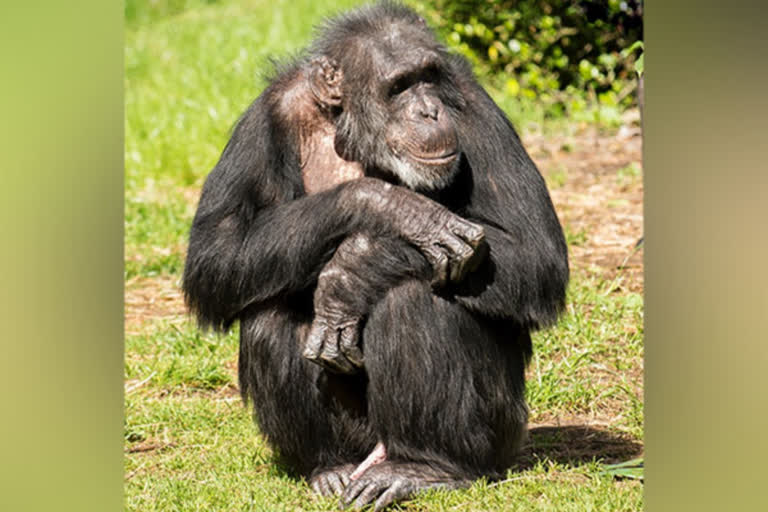Washington [US]: According to research published in the American Psychological Association, adolescent chimpanzees exhibit some of the same risk-taking behaviour as human teenagers, but they may be less impulsive. The study addresses the age-old nature/nurture debate regarding why adolescents take higher risks: is it because of their surroundings or biological predispositions?
"Adolescent chimpanzees are in some sense facing the same psychological tempest that human teens are," said lead researcher Alexandra Rosati, PhD, an associate professor of psychology and anthropology at the University of Michigan. "Our findings show that several key features of human adolescent psychology are also seen in our closest primate relatives."
The researchers conducted two tests involving food rewards with 40 wild-born chimpanzees at a sanctuary in Republic of Congo. The chimpanzees voluntarily participated in the games in order to receive food treats. The research was published online in the Journal of Experimental Psychology: General. Chimpanzees can live to be 50 years old and experience adolescence at about 8 to 15. Like humans, chimpanzees show rapid changes in hormone levels during adolescence, start forming new bonds with peers, show increases in aggression and compete for social status.
Also read:Structure of 'live' virus successfully reconstructed, could help reduce threat of anti-bacterial resistance in humans: Study
In the first test, adolescent and adult chimpanzees could choose between two containers in a gambling task. One container always contained peanuts, a food that chimpanzees somewhat like. The other container concealed either an unliked food - a cucumber slice - or a favorite food - a banana slice. The chimpanzees could play it safe and get the peanuts, or take a chance for some coveted banana at the risk of ending up with unappetizing cucumber.
The chimpanzees' emotional reactions and vocalizations were recorded, including moans, whimpers, screams, banging on the table or scratching themselves. Saliva samples also were collected to track hormone levels. During several rounds of the test, adolescent chimpanzees took the risky option more often than adult chimpanzees, but adolescents and adults had similar negative reactions when they received cucumber.
The second test, modeled after the famous "marshmallow test" with human children, examined delayed gratification where chimpanzees could receive one banana slice immediately or wait for one minute to receive three slices. Both adolescent and adult chimpanzees chose the greater delayed reward at a similar rate. Human teens tend to be more impulsive than adults so they would be more likely to take the immediate reward.
"Prior research indicates that chimpanzees are quite patient compared with other animals, and our study shows that their ability to delay gratification is already mature at a fairly young age, unlike in humans," Rosati said. However, adolescent chimpanzees weren't happy about waiting for the extra banana slices and they threw more tantrums during the one-minute delay than adult chimpanzees. Risk-taking behavior in both adolescent chimpanzees and humans appears to be deeply biologically ingrained, but increases in impulsive behavior may be specific to human teens, Rosati said. (ANI)
